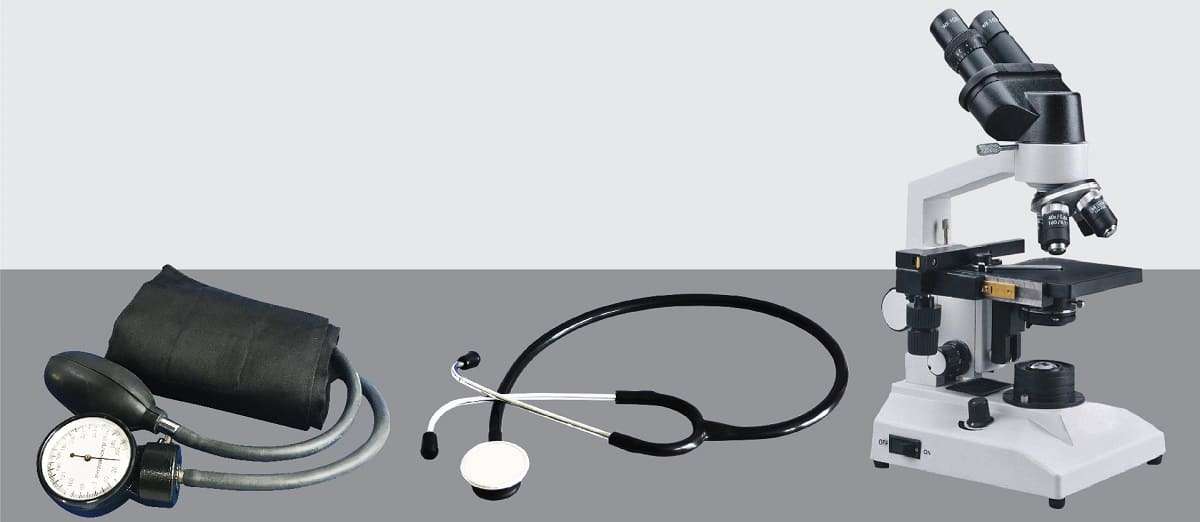Medical diagnostic Products refers to a wide range of devices and instruments used by healthcare professionals to diagnose diseases, conditions, and abnormalities in patients. These tools are essential for identifying and monitoring various health issues, guiding treatment decisions, and assessing the effectiveness of interventions.

Some common types of Medical Diagnostic Products include:
Imaging Products:
This includes X-ray machines, computed tomography (CT) scanners, magnetic resonance imaging (MRI) machines, ultrasound machines, and positron emission tomography (PET) scanners. These tools produce detailed images of the inside of the body, allowing healthcare providers to visualize structures and detect abnormalities.
Laboratory Products:
Laboratory Products includes devices used to analyze blood, urine, tissue samples, and other bodily fluids for signs of disease or dysfunction. Examples include blood analyzers, urine analyzers, centrifuges, microscopes, and genetic analyzers.
Diagnostic Tests:
These include various tests and assays used to detect specific markers, substances, or conditions in the body. Examples include blood glucose meters, pregnancy tests, HIV tests, cholesterol tests, and genetic tests.
Monitoring Devices:
These include Products used to monitor vital signs, such as blood pressure monitors, electrocardiograms (ECGs or EKGs), pulse oximeters, and cardiac monitors. These devices provide real-time information about a patient’s physiological status.
Endoscopic Products:
Endoscopes are used to visualize the interior of hollow organs or body cavities. They are commonly used in procedures such as colonoscopy, gastroscopy, bronchoscopy, and cystoscopy.
Electrophysiology Products:
This includes devices used to measure the electrical activity of the body, such as electroencephalography (EEG) machines, electromyography (EMG) machines, and nerve conduction studies.
Diagnostic Software:
With advancements in technology, diagnostic software plays a crucial role in analyzing medical images, interpreting test results, and providing diagnostic assistance to healthcare professionals.
Here are some common Uses of Diagnostic Products:
The uses of medical diagnostic Products vary depending on the specific type of Products, but generally, they serve the following purposes:
Detection of Diseases and Conditions:
Medical diagnostic products helps healthcare professionals detect diseases, conditions, and abnormalities in patients. This includes identifying tumors, fractures, infections, blockages, and other medical issues that may require further investigation or treatment.
Diagnosis and Differential Diagnosis:
Diagnostic Products aids in the process of diagnosing patients by providing valuable information about their health status. This may involve confirming a suspected diagnosis or ruling out alternative explanations for symptoms.
Monitoring and Tracking Progress:
Many types of diagnostic Products are used to monitor patients’ health status over time. This includes tracking changes in vital signs, disease progression, response to treatment, and the effectiveness of interventions.
Guiding Treatment Decisions:
Diagnostic test results often inform treatment decisions made by healthcare providers. For example, imaging studies may help surgeons plan a surgical procedure, while laboratory tests may guide medication selection or dosage adjustments.
Screening and Preventive Care:
Some diagnostic tests are used for screening purposes to identify health problems in asymptomatic individuals or to assess risk factors for certain diseases. This can help facilitate early detection and intervention, potentially preventing complications or disease progression.
Research and Development:
Medical diagnostic Products is also used in research settings to study disease mechanisms, evaluate new diagnostic techniques, and assess the efficacy of experimental treatments. This research contributes to advancements in medical science and the development of improved diagnostic tools and technologies.
